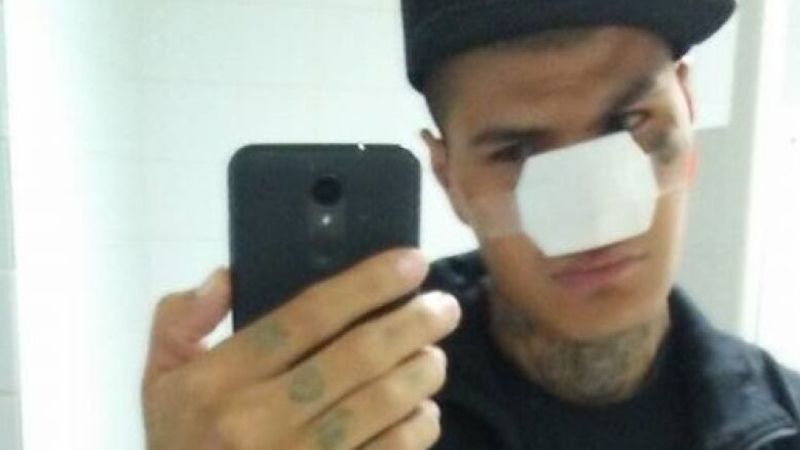
‘It was screamingly obvious that he needed help’: Inquest hears details of inmate’s days before death
CONTENT WARNING: The following story contains graphic depictions of self-harm and suicide.
—
About a day before he hanged himself in a cell door at the Saskatchewan Penitentiary two years ago, Curtis McKenzie cut off what remained of his nose.
The fact that he was not hospitalized long-term and back on the mental health range within a day shocked what may have been his only friend, William Loney.


